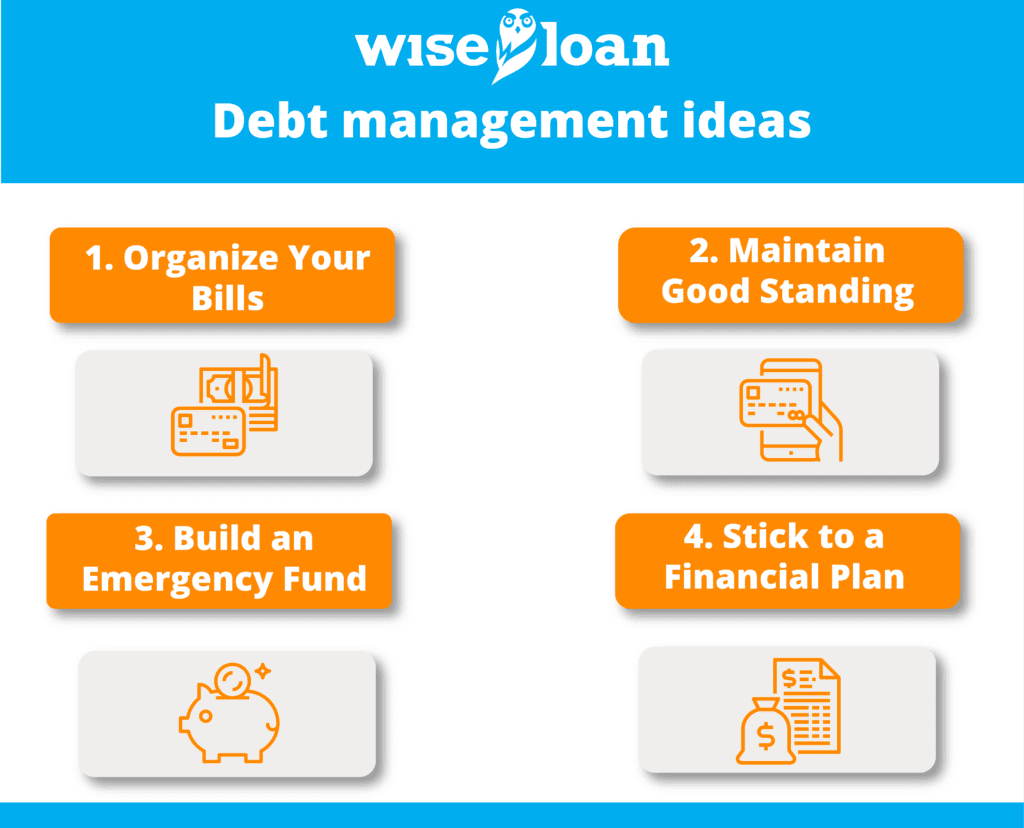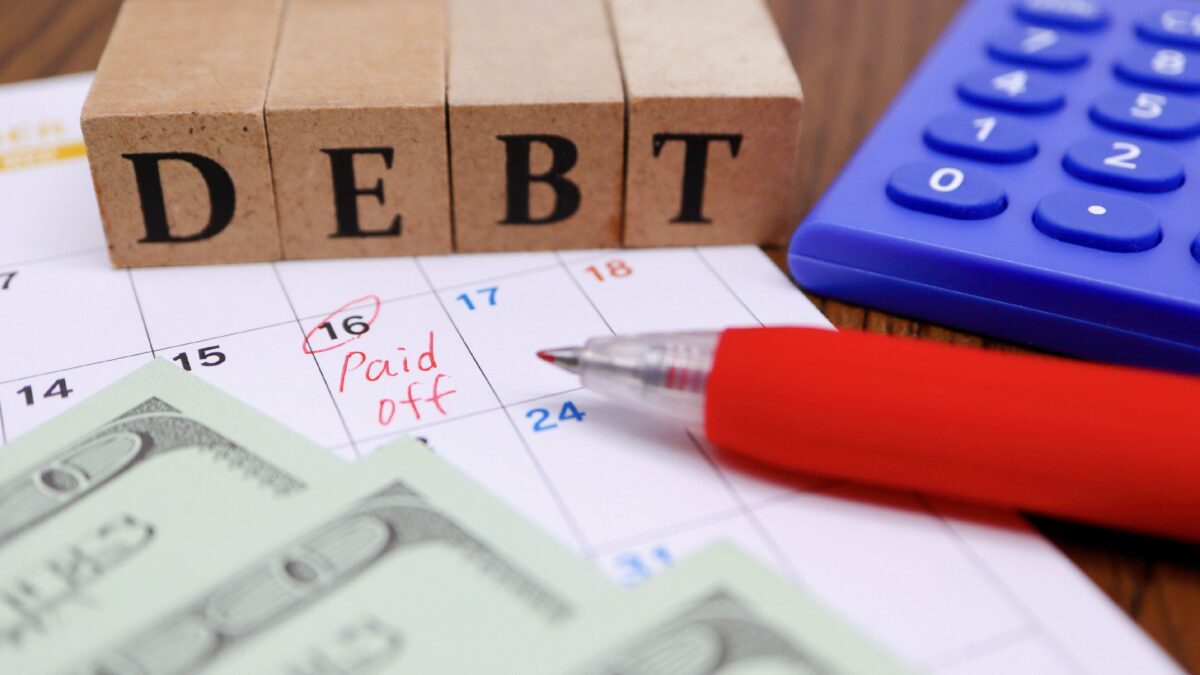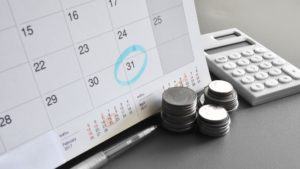Regrettably, the United States is facing the prospect of a challenging recession. The COVID-19 pandemic has caused millions to lose their jobs, and it appears that recovery may take some time. This situation is causing immense stress on a macro level and is especially terrifying for individual families struggling to meet their basic needs such as food, clothing, and housing. Therefore, it is crucial to master the art of effective debt management during these trying times.
Regardless of economic conditions, money management is always paramount, and handling debt is a significant aspect of preventing falling into an uncontrollable debt spiral with limited options. For years, Wise Loan has assisted people with debt relief, and we’d like to offer some essential debt management ideas to help you navigate through these turbulent waters.
- Organize Your Bills
Begin by organizing your bills to gain a clear understanding of your financial obligations, including the amounts owed, monthly payment requirements, due dates, and the duration of payments at the current level. This knowledge will empower you to better manage your debts and avoid late payments, which can lead to additional fees and increased debt.
- Maintain Good Standing
Prioritize keeping your existing accounts in good standing, whether they involve secured or unsecured debt. Allowing accounts to lapse can have severe consequences, such as late fees, repossession, service cutoffs, compounded interest, over-the-limit fees on credit cards, collection calls, and a negative impact on your credit score. Even if you can only afford minimum payments for a short period, do so to avoid these adverse outcomes.
- Build an Emergency Fund
Though challenging, try to save whatever you can, even if it’s a small amount, to create an emergency fund. Unexpected expenses like car repairs or dental work can be financially devastating if not prepared for. Having an emergency fund will help you handle such situations without resorting to further debt.

- Stick to a Financial Plan
Practice discipline to adhere to your financial plan. Avoid impulsive spending and refrain from using credit cards unnecessarily. If necessary, leave credit cards at home or set a weekly cash budget to ensure you live within your means. Staying committed to your financial goals will ultimately lead to greater peace of mind and financial stability.
Remember, effectively managing debt is an ongoing process that requires daily attention and commitment. If you find yourself struggling and need assistance in getting started on the right track, consider reaching out to us for potential financial support. Together, we can navigate these challenging times and emerge stronger in the end.
The recommendations contained in this article are designed for informational purposes only. Essential Lending DBA Wise Loan does not guarantee the accuracy of the information provided in this article; is not responsible for any errors, omissions, or misrepresentations; and is not responsible for the consequences of any decisions or actions taken as a result of the information provided above.











